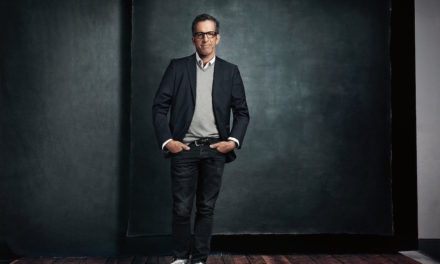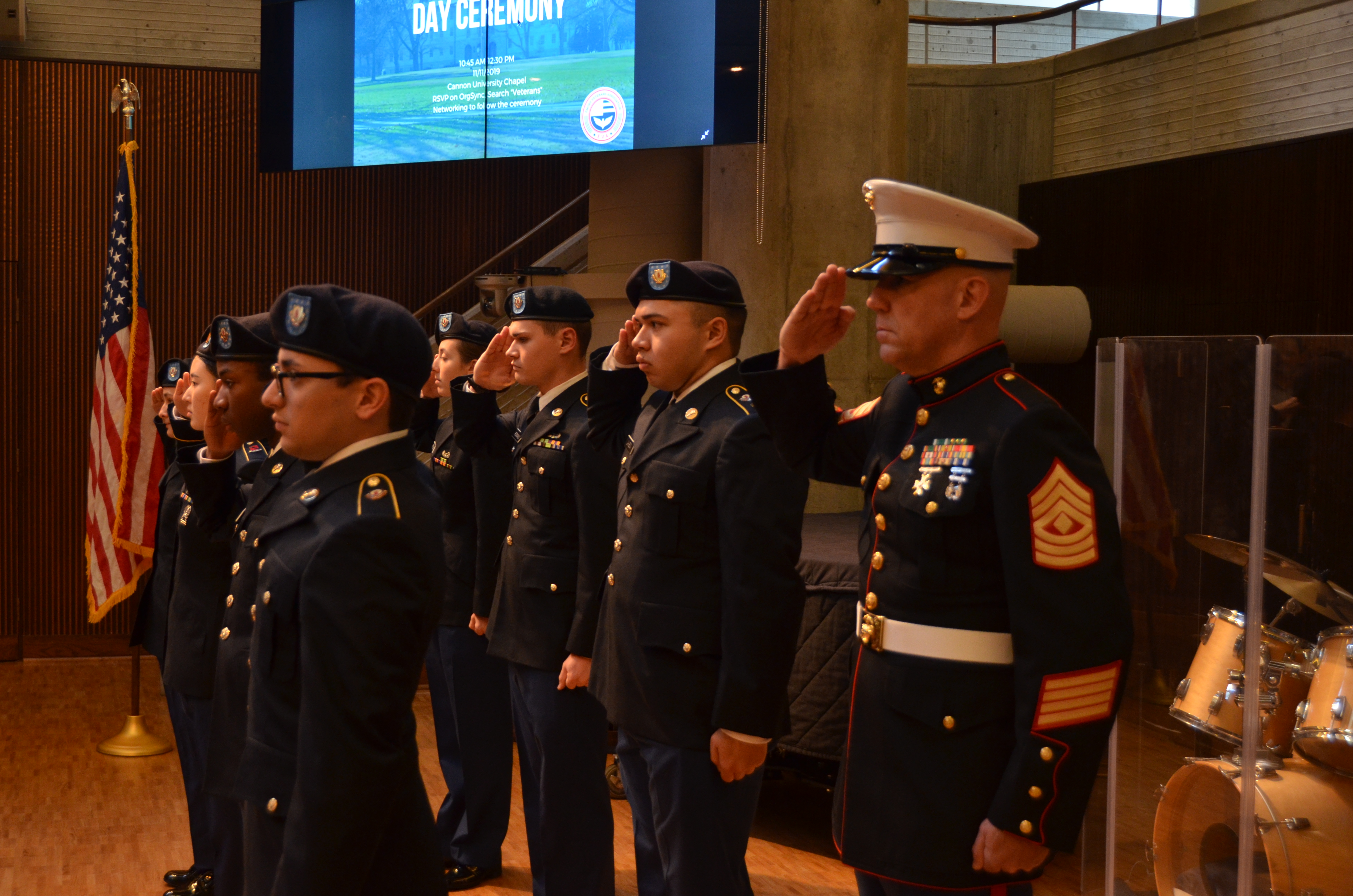CNN and the James Weldon Johnson Institute for the Study of Race and Difference at Emory hosted the eighth CNN Dialogues, which focused on social activism, on Thursday evening.
The dialogues, which took place at the Carter Center and were titled “Modern Marchers: Lessons from the Front Lines of Social Change,” featured four panelists with backgrounds in social activism.
CNN’s News Day Michaela Pereira moderated the event, and the panelists included Arthur Dunning, Education Policy Center professor and senior research fellow; Michael Skolnik, an anti-gun activist and political director to hip-hop pioneer Russell Simmons; Minh Dang, a University of California – Berkeley graduate student studying social work and a survivor of sexual trafficking; and Tara Roberts, cofounder of a social entrepreneurship website for women.
The event aimed to create a forum to discuss current issues, according to Associate Director for Programs and Development of the Johnson Institute Calinda Lee, Thursday’s program celebrated the 50th anniversary of the March on Washington.
The evening had a heavy focus on social activism specific to racial equality. Audience members consisted of Emory students and faculty and Atlanta community members, as well as former civil rights leaders.
“What we want to do is look at what’s happening now, and think not only about the issues that are of concern for advocates and activists now but also the means by which they’re spreading the message,” Lee said.
Dunning said he was inspired by Martin Luther King’s speeches as they helped propel America out of the Jim Crow era.
“[King] lit a fire that is so deep inside of me that he helped me to begin to think about how I can shape systems,” Dunning said. “I was determined that my parents would be the last group to live under Jim Crow.”
The discussion turned to modern racism, and Skolnik discussed his unique rights as a white male and the importance of being an ally.
“If I don’t fight for those rights for every young person in this country, then my life is worthless,” Skolnik said. “I come to this work as a privileged white American who doesn’t have to feel struggle every single day of my life.”
Gender equality was also a topic of discussion. Roberts said sometimes gender issues in the U.S. are overlooked in lieu of racial issues.
“I entered this work through a gender lens,” Roberts said. “Whenever the conversation shifted to gender, I saw denial or I saw dismissal about gender-related issues.”
Dang said people involved in different causes – whether it be environmentalism, animal rights or modern slavery – may actually have a common goal.
“Don’t pigeonhole me into human trafficking work; for me, this is about ending oppression,” Dang said. “I have a hard time explaining to people that my issue relates to issues that you’re fighting.”
The panelists addressed modern social activism and the youth involvement with the advent of social media.
Dang said it is unfortunate that young people often limit their involvement in activism to social media, as they find it easier to share their thoughts using sites like Twitter.
Skolnik, who runs an entertainment news website called Globalgrind.com that’s geared toward a younger demographic, insisted that youth are just as engaged in social activism now as they were during the civil rights era.
“Barack Obama was down 25 points in December of 2007,” he said. “It was young people who said ‘we can do this’ in the spirit of King.”
Roberts agreed, adding that social media has made strides in fundraising for social causes.
“We’d like for people to feel inspired that they can make a difference, that social advocacy and social change is not over,” Lee said. “Concern about social justice is not a thing of the past.”
Dean of the College of Arts and Sciences Robin Forman said he thought the event was a positive experience.
“It’s exactly the kind of event that really helps people figure out how to move forward with the issue,” he said. “I think everyone left the room feeling like there’s just more we could be doing.”
– By Rupsha Basu
Correction, Sept. 13 at 2:14 p.m.: The original article misstated the name of the James Weldon Johnson Institute as the John Weldon Johnson Institute.
The Emory Wheel was founded in 1919 and is currently the only independent, student-run newspaper of Emory University. The Wheel publishes weekly on Wednesdays during the academic year, except during University holidays and scheduled publication intermissions.
The Wheel is financially and editorially independent from the University. All of its content is generated by the Wheel’s more than 100 student staff members and contributing writers, and its printing costs are covered by profits from self-generated advertising sales.






You cannot create a one-sided forum and expect it to harbor honest intellectual debate and discussion.
Don’t even bother trying to disguise this as ” activism for social change”, because activism would include BOTH SIDES. This was one big liberal propaganda circle-jerk.
The real problem I have here is not the discussion of race as I think it is a pertinent issue (though I think if our culture stopped dramatizing racial differences in a quasi-reverse racist sort of way, perhaps we could actually arrive at a point where we no longer consider race in our judgement of a person at all: what a great day that would be!)
…but the grouping in of anti-gun rights ‘activism’ with civil rights? The 2nd Amendment is a universal civil right, and it’s pretty irresponsible of this CNN Dialogue and its host to see it as much of a one side social issue as RACISM. I learned about the very pattern I am seeing in this and many other ‘forums’ run by CNN, MSNBC and the like: confirmation bias, ironically, here at Emory, a university that apparently hosts events that promote this cognitive bias.
Wagner and Emory were sued for racial discrimination back in 2007, before the whole 3/5ths compromise controversy.
http://law.justia.com/cases/federal/appellate-courts/ca11/07-12008/200712008-2011-02-28.html